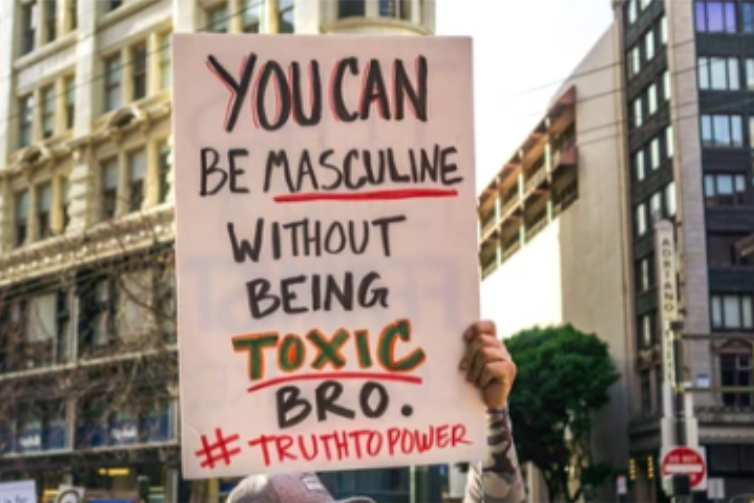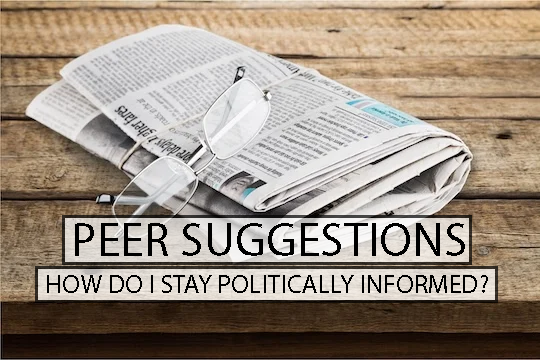Tackling “Tate Speech”: A Conversation On Toxic Masculinity
Andrew Tate is an American-British internet personality and “self-made” businessman at the head of a multi-million dollar empire of influence. He built his following by appealing to wealthy members of the manosphere and other misogynistic, sexist individuals who share a mindset of what makes men “real men”. He also preys upon impressionable young men, guilting and bullying them into embracing toxic masculinity.
This self-proclaimed misogynist and vocal “alpha-male” has infiltrated social media feeds and dominated algorithms for all of the wrong reasons. He has made waves after guest-appearing on multiple podcasts to talk about his aggressive, chauvinistic, and borderline intolerant views on women and their place in society. An engaging speaker who utilizes the “core” values of toxic masculinity: anti-femininity, toughness, and power and aggression. Tate uses bold jargon that appeals to the incel community, which is an online subculture that is defined as, “[a group of] young men who consider themselves unable to attract women sexually, typically associated with views that are hostile toward women and men who are sexually active,” and validates their apathy and aggressive attitudes towards emotions, gender equality, and vulnerability.
Tate’s statements online have caused justifiable opposition from many people. These include sexist and degrading accusations that women are merely property that must be kept “in the home,” thus preventing them from living their own lives. He has also said that women should take responsibility for being sexually assaulted, and even admitted that he would choke out a woman for cheating on him.
How has this man been able to gain such a large following in 2022? Are there enough individuals in the world that hate women to the point of idolizing a self-described misogynist? Who is purchasing his online courses that all cost thousands of dollars? The truth is people who have never had to confront their own masculinity in a proper way and find their own identity often struggle with falling down this sexist rabbit hole the most. It is not entirely their own fault, but rather the environment they have been raised in. Furthermore, influential people on the Internet may be to blame for building upon the foundation of preexisting intolerant ideas and views. Andrew Tate’s social media growth strategy is simple – speak bluntly, amplify the bias, and use as much concise articulation as possible to capture the attention of those who already struggle with toxic masculinity.
Andrew Tate’s reign on social media did not last long, as he has been banned from Meta-owned social media sites Instagram and Facebook. Meta commented on Tates ban stating that “the company removed Tate’s official accounts from the social media platforms for violating the company’s policies on dangerous organizations and individuals. The Meta spokesperson also confirmed that the ban is permanent.” Because of Tate’s abrasive and disturbing comments, his YouTube channel “TateSpeech”, which is aptly close to “hate speech” in name, was also promptly removed from the platform for violating the Terms of Service. TikTok also took action, removing his account as well.
Although Andrew Tate is not able to use these sites anymore, there are people with large platforms who keep him relevant. When it comes to social media, it is obvious that many people oftentimes bandwagon a “hot” topic, but with someone as dangerous as he is, he should be used as a conversation piece to encourage discussion on the implications of negative “manliness” and how perpetuating chauvinism to impressionable individuals and inciting mass attention, whether it is positive or negative, is a one way street to seeing his bank account rise. That is all he wanted and wanted to capitalize on – and that is what will keep his name in the mouths of many people for weeks to come. Though Tate is truly no man himself, he makes for an excellent cautionary tale about toxic masculinity. It is up to people to take control of their own narrative and not allow this obstructive manliness to cloud the eyes of individuals who may think this way, but take note that encouraging vulnerability is a key factor in combating toxic masculinity at its core.








